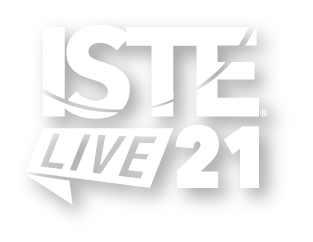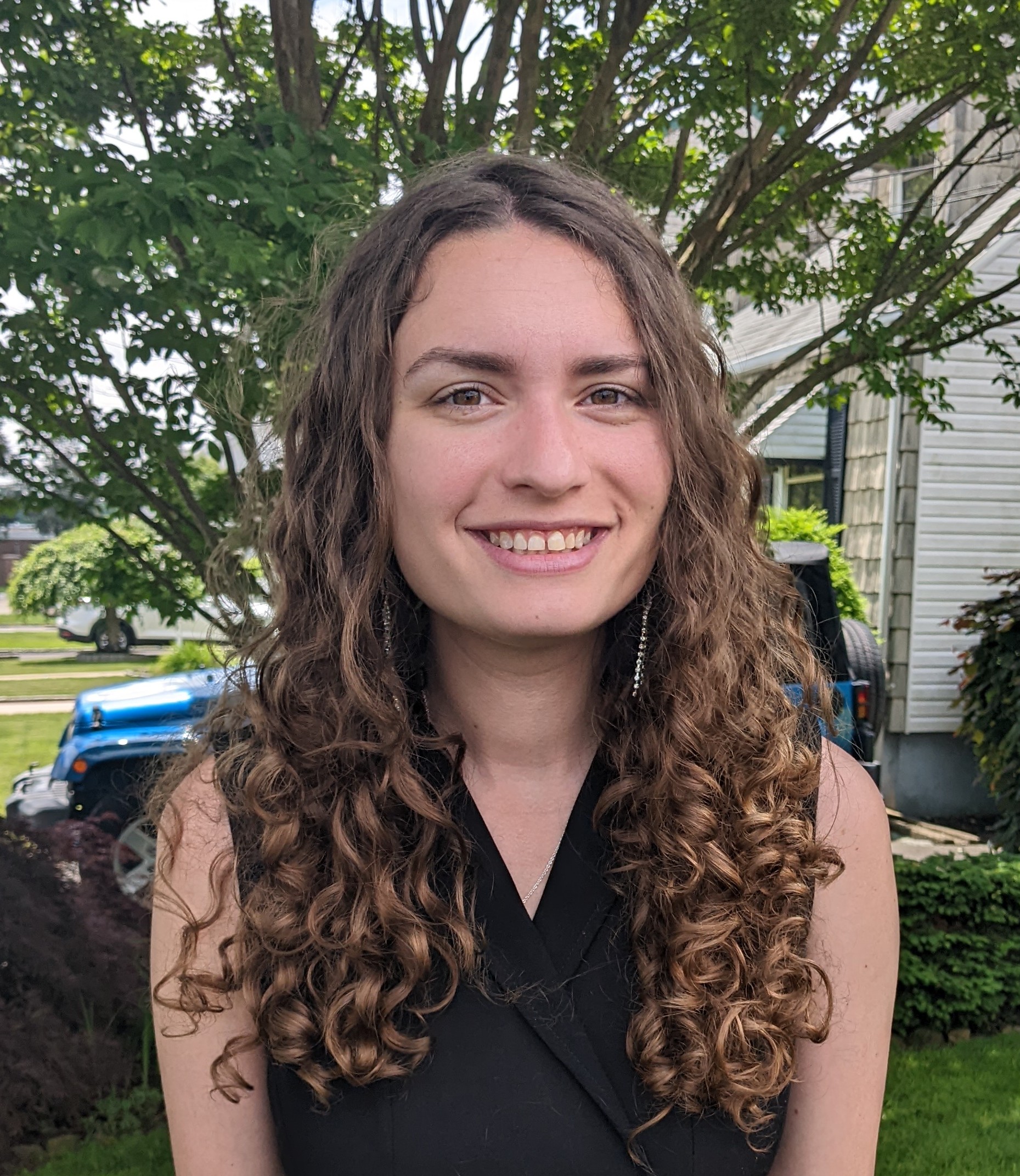

Microcourses: Designing Bite-Sized Lessons to Improve Professional Development |
Listen and learn : Snapshot
Snapshots are a pairing of two 20 minute presentations followed by a 5 minute Q & A.
This is presentation 2 of 2, scroll down to see more details.
Other presentations in this group:
| Audience: | Coaches, Curriculum/district specialists, Technology coordinators/facilitators |
| Skill level: | Beginner |
| Attendee devices: | Devices useful |
| Attendee device specification: | Smartphone: Android, iOS, Windows Laptop: Chromebook, Mac, PC Tablet: Android, iOS, Windows |
| Participant accounts, software and other materials: | No specific accounts will be necessary-- interactive polling will be used so only access to a device is needed |
| Topic: | Professional learning |
| Grade level: | PK-12 |
| ISTE Standards: | For Coaches: Professional Development and Program Evaluation
Learner
|
Purpose: The purpose for this session is to provide a brief overview of the microlearning philosophy and provide a more detailed examination of how these ideas translate into the creation of professional development.
Objectives: Participants will be able to identify the characteristics of microlearning, examine examples of microlearning for professional development, and begin to plan and discuss how microlearning could be integrated into their professional development and training creation
Challenge: Creating engaging and relevant professional development is difficult. Sometimes bringing in outside experts or speakers is not feasible for districts and, often, teachers cannot leave the classroom for full day training sessions. However, microlearning provides a great opportunity for districts in terms of professional learning. This session reviews how microlearning courses can be planned, designed, implemented, and evaluated.
- Introduction to microlearning (5 minutes)
- Examples of microcourses (5 minutes)
- Step-by-step for planning/designing microcourses (15 minutes)- interactive polling with the audience at each step of the process so participants can essentially "plan" their microlearning courses while in the session
- Final tips (5 minutes)
Microlearning Short and Sweet by K. Kapp and R. A. DeFelice
The Microlearning Guide to Microlearning by C. Torgerson
Designing Microlearning by C. Torgerson & S. Iannone

Kathryn (Katie) Nieves is currently a Teacher/Coordinator of Educational Technology Integration and was formerly a special education teacher. She is a doctoral candidate and is a Google Certified Innovator, Trainer, and Educator. Katie is passionate about using technology to support the needs and interests of all learners. She has presented at national conferences, including ISTE, AMLE, and CEC and her work has been published in different journals, textbooks, and educational websites.